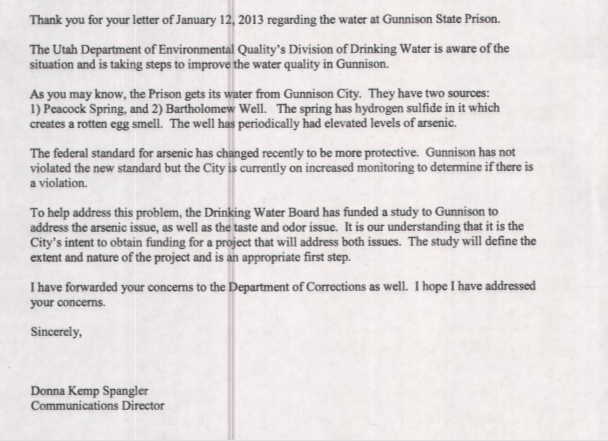Hai Zhou
Human Rights Defense Center
Lake Worth, Florida
Thanks for checking out my fourth blog. It’s time to wrap up my internship and I would like to share some of my thoughts with you.
During the conversations I have had with many people, one of the most common questions asked of me is why I am advocating for the better treatment for inmates. They hold fast to the belief that none of the efforts for improving the health of prisoners is worth it, and their major arguments reflect two perspectives: 1) that these people committed crimes and therefore don’t deserve any kind of improvement in their lives, or 2) that prisons in the U.S. are already like “luxury hotels,” compared to those in other countries.

Even if prisons in the U.S. are better than those in most other countries, that does not necessarily mean we should stop making improvements. The main people who can benefit from the improved health of prisoners are none other than the public. We know healthcare costs make up around 17% of the country’s GDP, and according to a report by the federal Agency for Healthcare Research and Quality, 5% of the population consumes 50% of health care expenditures. Inmates, being a vulnerable population, are susceptible to health risks and diseases, and to ignore prevention and early treatment for them in prisons only increases economic burdens later.
The U.S. hosts only 5% of the world’s population but is home to nearly 25% of the world’s prisoners. Due to the tougher sanctions on crimes, the use of longer sentences, and the War on Drugs, among other issues, so many non-serious, non-violent, and non-sexual offenders are put behind bars. Other offenders are sentenced to prison for a time too long to be justified. Many of the inmates in this country are exposed to unclean water, black mold, valley fever, toxic materials, infectious diseases and solitary confinement, but they do not deserve this.
My internship at the Human Rights Defense Center has been relatively short, but the lessons I have learned are life-changing. Improving the health of prisoners is a hard sell, and human rights are never easily gained. Yet, considering that the population of incarcerated people in the U.S. is equal to that of Houston, it is critical for us to differentiate punishment from correction; what we need to do more of is to cure and reform rather than punish and ignore health rights.





